KMI (Keith McMillen Instruments)
25+ Note Keyboard Controllers
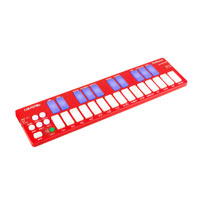
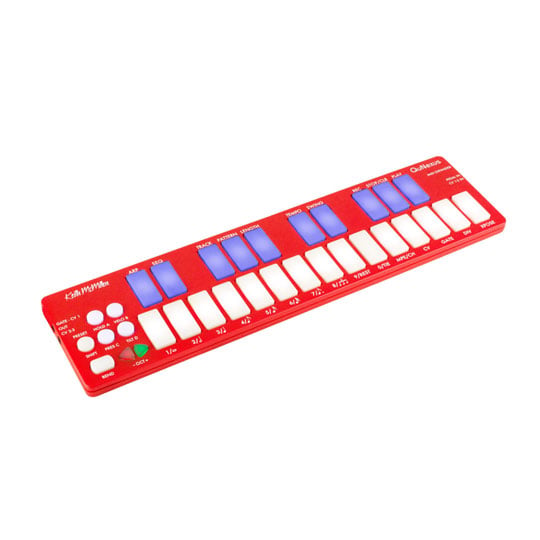
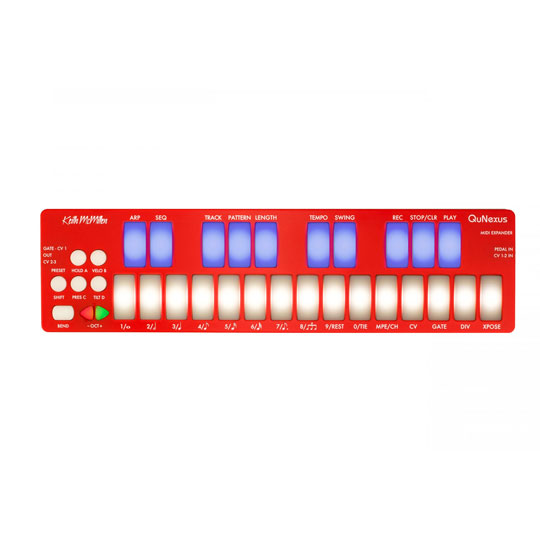
 Keith McMillen - QuNexus , 25 Keys with Pressure, Tilt and Velocity Sensing.
LN55273
No customer review£172.00Free delivery on your entire basketPre order
Keith McMillen - QuNexus , 25 Keys with Pressure, Tilt and Velocity Sensing.
LN55273
No customer review£172.00Free delivery on your entire basketPre order
Sequencer/ DAW Controllers
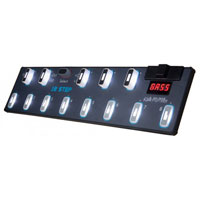
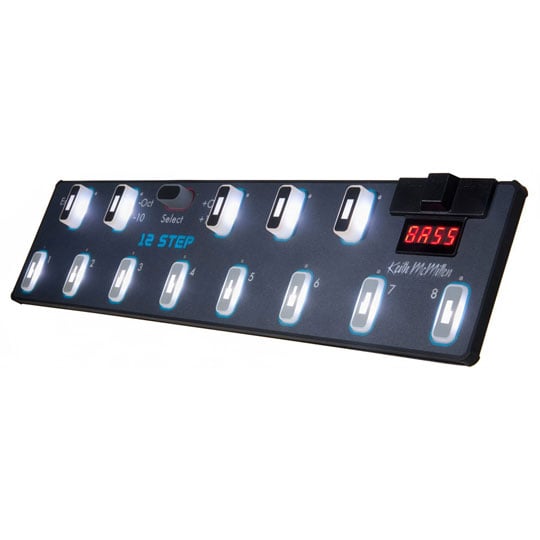
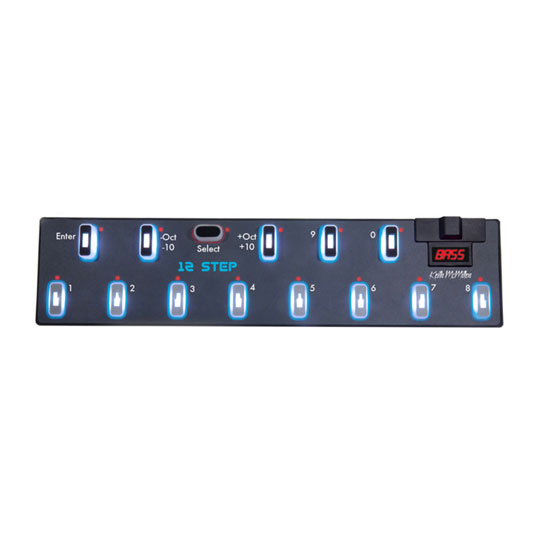
 KMI (Keith McMillen Instruments) 12STEP USB-Midi Controller, 0 Faders, 0 Knobs, 12 Pads
LN55276
No customer review£264.00Free delivery on your entire basketPre order
KMI (Keith McMillen Instruments) 12STEP USB-Midi Controller, 0 Faders, 0 Knobs, 12 Pads
LN55276
No customer review£264.00Free delivery on your entire basketPre order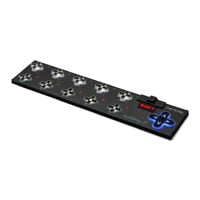
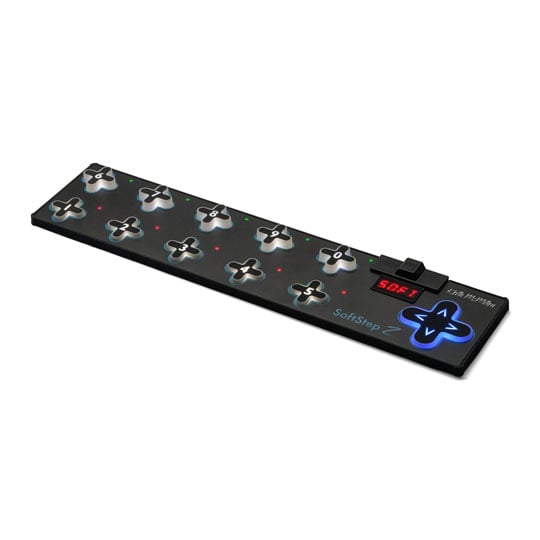
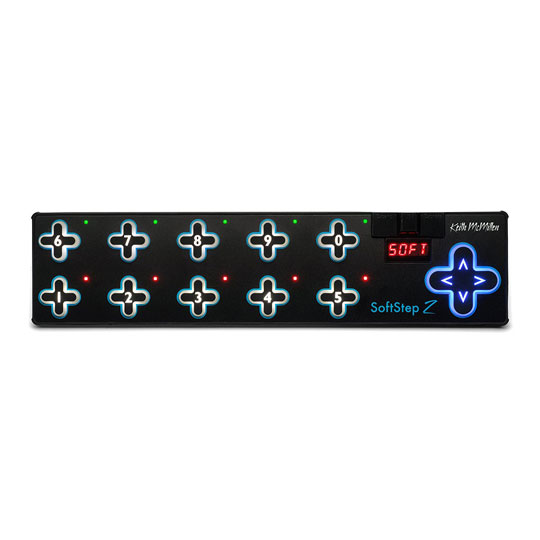
 KMI Softstep2 USB Foot Controller
LN56677
No customer review£309.00Free delivery on your entire basketPre order
KMI Softstep2 USB Foot Controller
LN56677
No customer review£309.00Free delivery on your entire basketPre order
USB Audio Interfaces
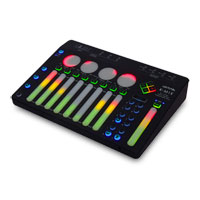
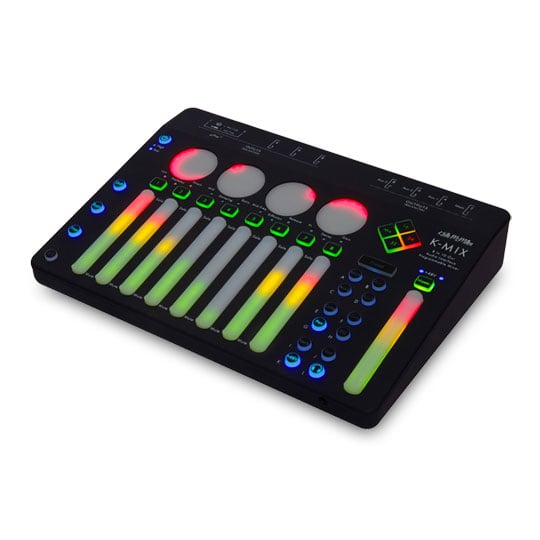
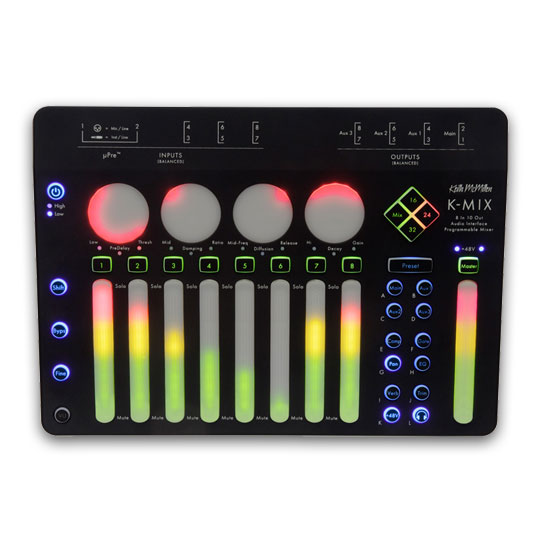
 KMI - K Mix - Next Generation Audio Interface and Programmable Mixer for Studio and Stage
LN65111
Customer Review £594.00Free delivery on your entire basket
KMI - K Mix - Next Generation Audio Interface and Programmable Mixer for Studio and Stage
LN65111
Customer Review £594.00Free delivery on your entire basket